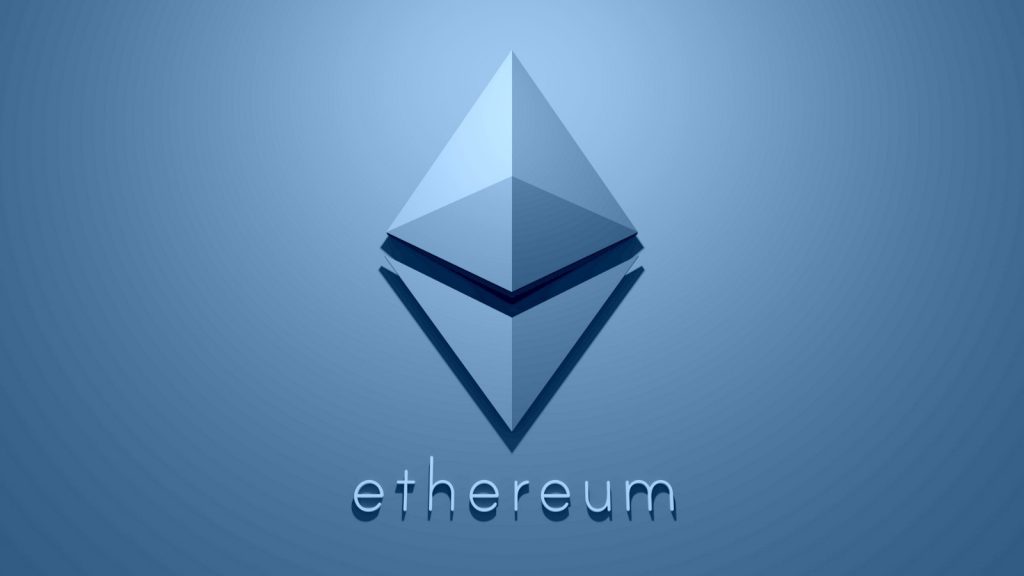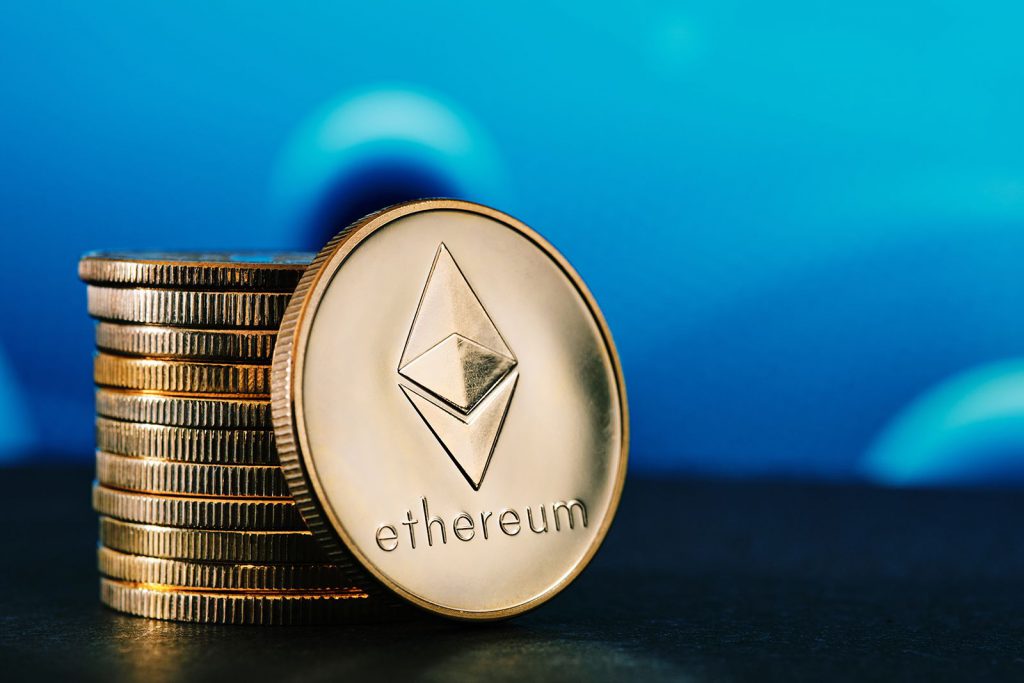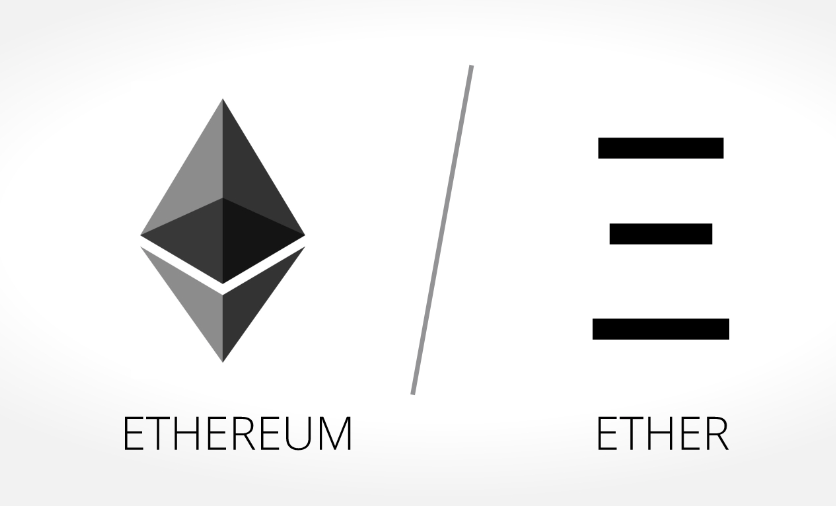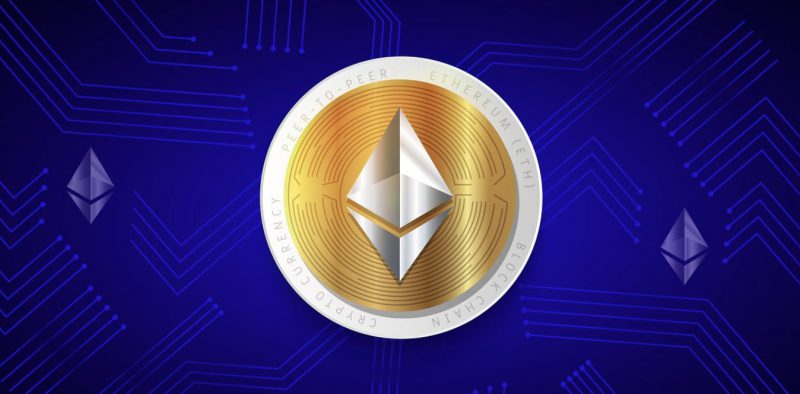Is Ether the Same as Ethereum?
Cryptocurrency enthusiasts and investors often come across the terms Ethereum and Ether.
However, there is a common misconception that these two terms are interchangeable.
In reality, Ethereum and Ether are distinct entities within the realm of digital currency.
This article aims to clarify the differences between Ethereum and Ether, providing a comprehensive understanding of their roles and functionalities in the cryptocurrency ecosystem.
Also read: Why are Ethereum Network Fees so High?


Understanding Ethereum
What is Ethereum?
Ethereum is a blockchain-based platform that revolutionizes the way we interact with digital assets and decentralized applications (dApps).
It serves as a decentralized global platform for developers to create smart contracts and dApps without the need for intermediaries.
Ethereum’s blockchain technology allows for secure, transparent, and tamper-proof transactions and operations.
Features and Benefits of Ethereum
- Decentralization: Ethereum operates on a decentralized network of nodes, eliminating the need for a central authority or third-party intermediaries. This decentralized approach ensures transparency and reduces the risk of censorship or manipulation.
- Smart Contracts: Ethereum introduced the concept of smart contracts, which are self-executing contracts with the terms of the agreement directly written into code. These contracts automatically execute transactions and enforce agreements without the need for intermediaries, offering efficiency and automation in various industries.
- Decentralized Applications (dApps): Ethereum provides a platform for developers to build decentralized applications that operate on the blockchain. These dApps leverage the security, transparency, and immutability of the Ethereum network while offering a wide range of functionalities and use cases.
- Interoperability: Ethereum allows for interoperability with other blockchain networks, enabling seamless integration and communication between different decentralized platforms. This interoperability expands the potential for collaboration and innovation within the cryptocurrency ecosystem.
Understanding Ether


What is Ether?
Ether (ETH) is the native cryptocurrency of the Ethereum network.
While Ethereum is the platform, Ether serves as the fuel that powers transactions and operations within the network.
Ether stands as a digital asset that is purchasable, tradable, and usable for investment, payments, and exchange trading.
Also read: Ethereum: Donald Trump Holds Up To $500k ETH
Functions and Uses of Ether
- Payment Method: Ether is used as a means of payment for on-chain transactions within the Ethereum network.
When users initiate transactions or execute smart contracts on Ethereum, they need to pay gas fees, which are calculated in Ether. These gas fees compensate the network participants, including miners, for their computational resources and effort in securing the blockchain. - Investment: Ether can be seen as a digital asset that individuals can invest in for potential capital appreciation. Similar to other cryptocurrencies, the value of Ether is subject to market fluctuations and can provide opportunities for investors to generate profits.
Yet, remember that engaging in cryptocurrency investments involves risks and requires prudent consideration. - Trading: Ether is listed and traded on various cryptocurrency exchanges, allowing users to buy, sell, and trade the digital asset. Traders can take advantage of price movements and volatility in the cryptocurrency market to potentially profit from their trading activities.
- Medium of Exchange: Some merchants and online retailers accept Ether as a form of payment for goods and services.
The use of Ether as a medium of exchange provides an alternative to traditional fiat currency transactions, offering faster and more secure transactions, especially for cross-border payments.
Ether vs. Ethereum: The Differences


It is crucial to understand the distinction between Ethereum and Ether to avoid confusion. Ethereum refers to the blockchain-based platform that enables the creation of decentralized applications and smart contracts.
On the other hand, Ether is the specific cryptocurrency that operates within the Ethereum network.
While Ethereum is the infrastructure, it also serves as the digital asset and means of value exchange within that infrastructure.
Conclusion: Is Ether the Same as Ethereum?
In summary, Ethereum and Ether are integral components of the cryptocurrency ecosystem, but they are not interchangeable terms.
Furthermore, Ethereum is a blockchain-based platform that facilitates the development and deployment of decentralized applications and smart contracts. Ether, on the other hand, is the native cryptocurrency of the Ethereum network, serving as a digital asset and payment method within the ecosystem.
Understanding the distinctions between Ethereum and Ether is essential for anyone navigating the world of cryptocurrencies, enabling informed decision-making and participation in this evolving digital landscape.





